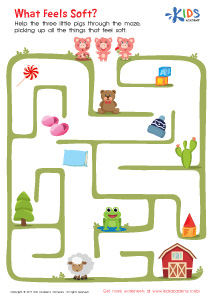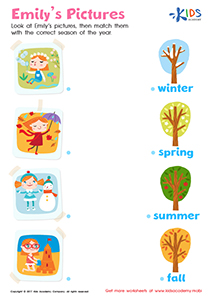Extra Challenge Problem Solving Worksheets for Ages 6-8
3 filtered results
-
From - To
Elevate your child's problem-solving skills with our "Extra Challenge Problem Solving Worksheets for Ages 6-8." Tailored for young learners, these engaging worksheets provide an exciting way to boost critical thinking and analytical abilities through fun and challenging scenarios. Designed by educators, the problems encourage creativity and require kids to apply their knowledge in practical, real-world contexts. Each worksheet targets key science concepts and promotes cognitive development, making learning both enjoyable and effective. Ideal for home study or classroom activities, these worksheets empower students to tackle challenges confidently while building a strong foundation for future learning. Unlock your child's potential today!
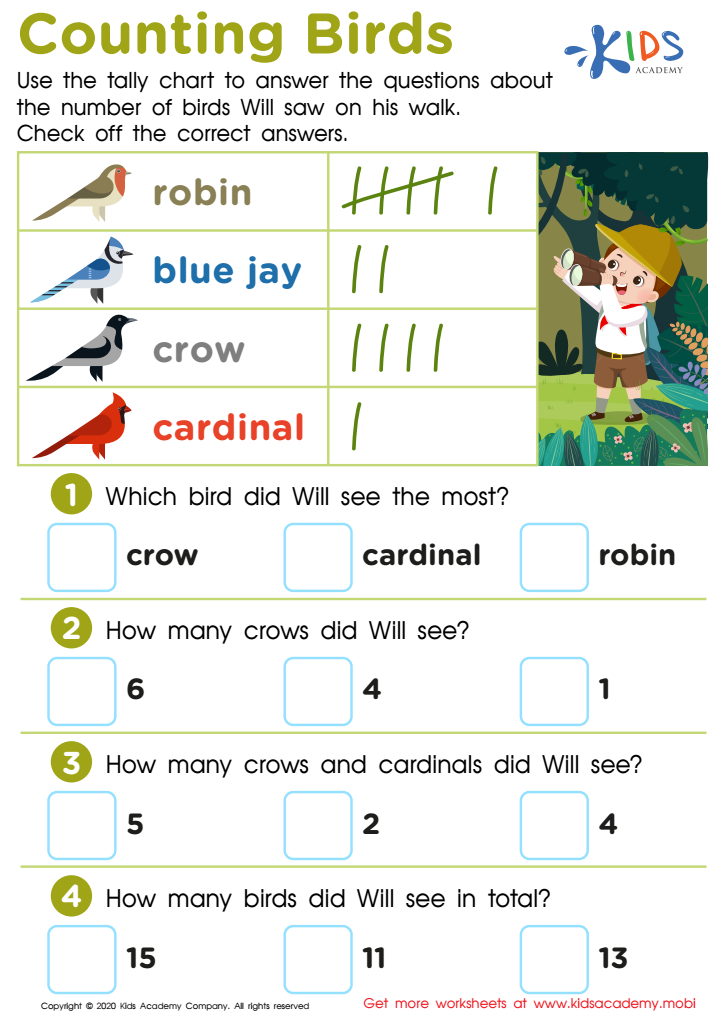

Counting Birds Worksheet
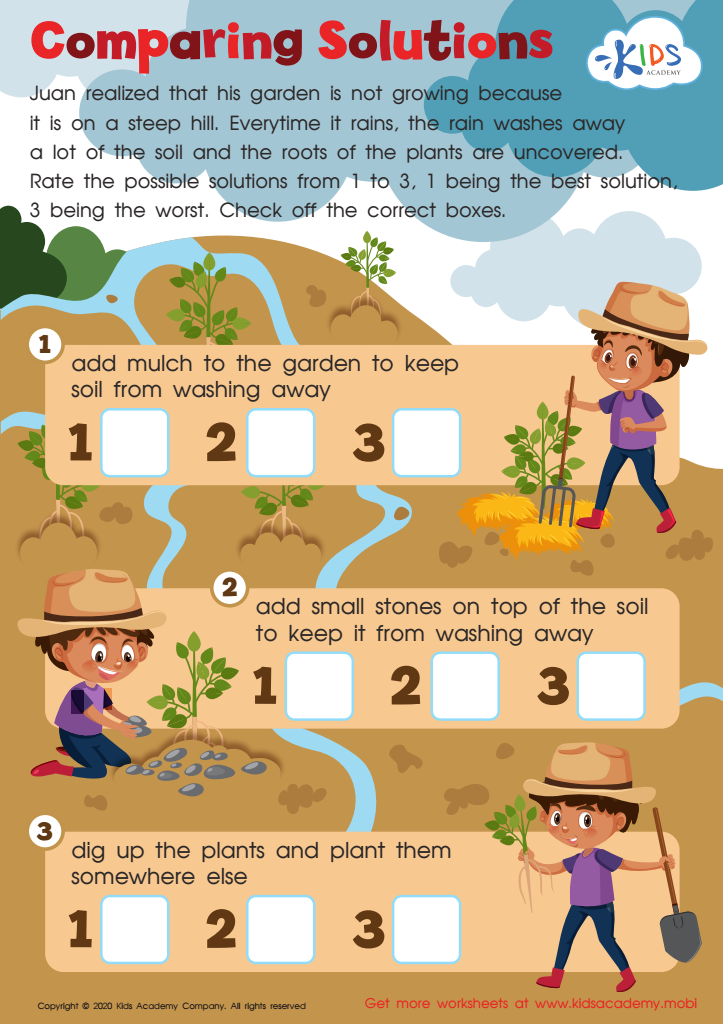

Comparing Solutions Worksheet
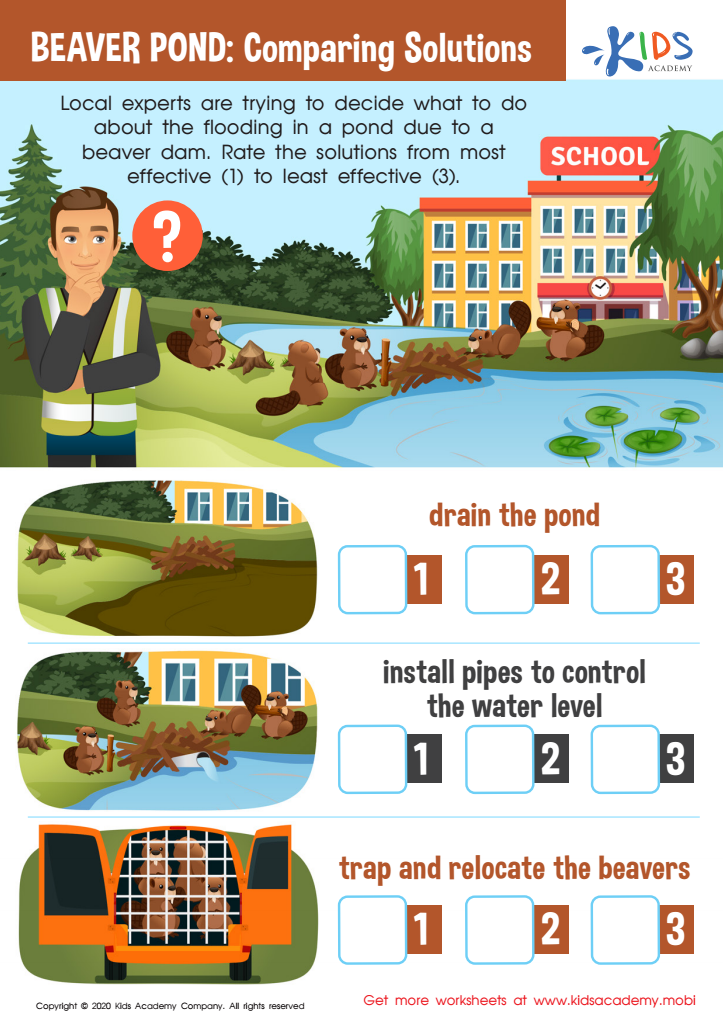

Beaver Pond: Comparing Solutions Worksheet
Parents and teachers should prioritize extra challenge problem solving for children ages 6-8 because it significantly enhances critical thinking and creativity. At this age, children are naturally curious and eager to explore; providing them with challenging problems encourages exploration and independent thought. These activities stimulate cognitive development, enabling kids to make connections between concepts and ideas.
Moreover, tackling challenging problems fosters resilience. Children learn to persevere in the face of difficulty, developing a growth mindset essential for lifelong learning. They begin to understand that mistakes are part of the learning process and that perseverance leads to improvement.
Extra challenge problem solving also supports the development of key skills, such as teamwork and communication, particularly when tasks involve collaboration with peers. These interactions cultivate social development alongside cognitive skills.
Additionally, parents and teachers instilling a love for challenges can boost a child's confidence. Successfully solving difficult problems can lead to a sense of accomplishment and self-worth.
In summary, providing extra challenge problem-solving opportunities lays a strong foundation for academic success and personal growth, equipping children with the skills necessary to navigate future challenges effectively. Investing in children’s abilities at this critical age promotes their overall development and prepares them for more complex tasks ahead.
 Assign to My Students
Assign to My Students





.jpg)







